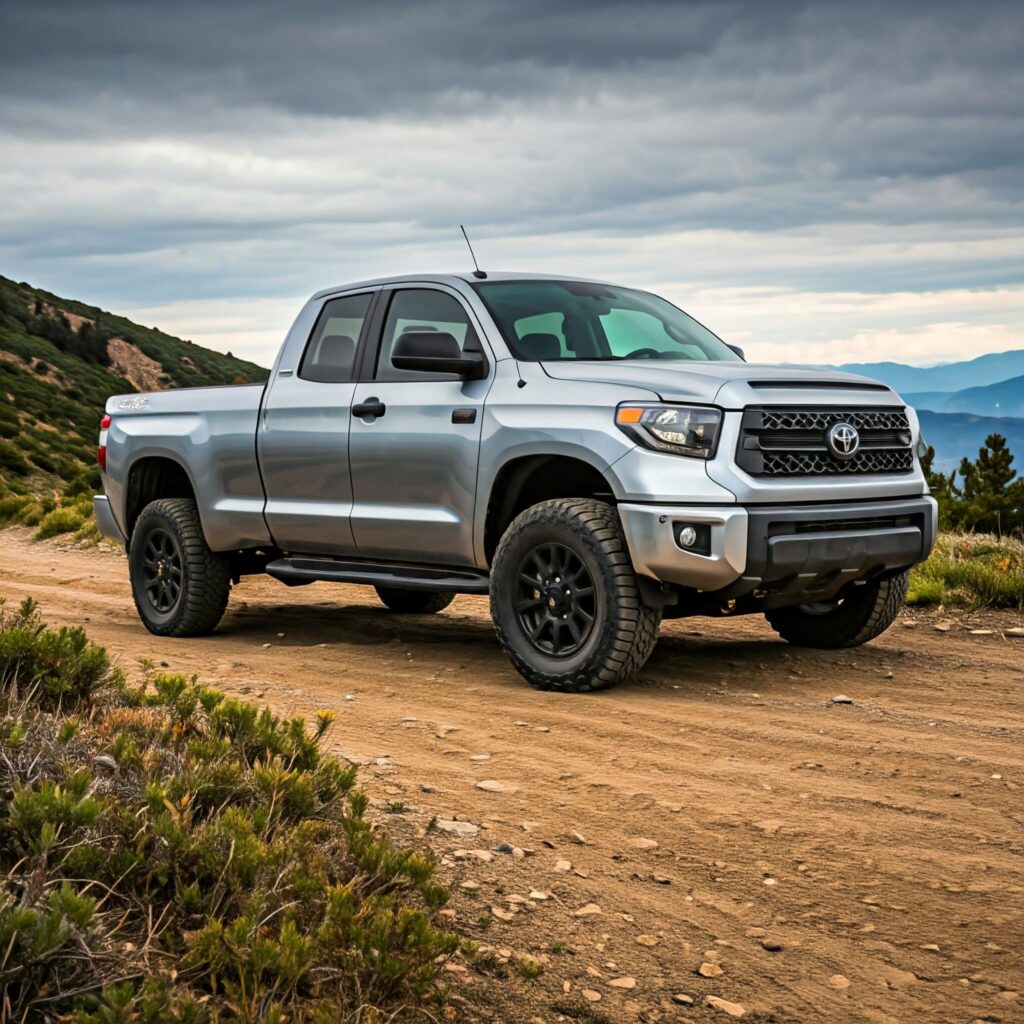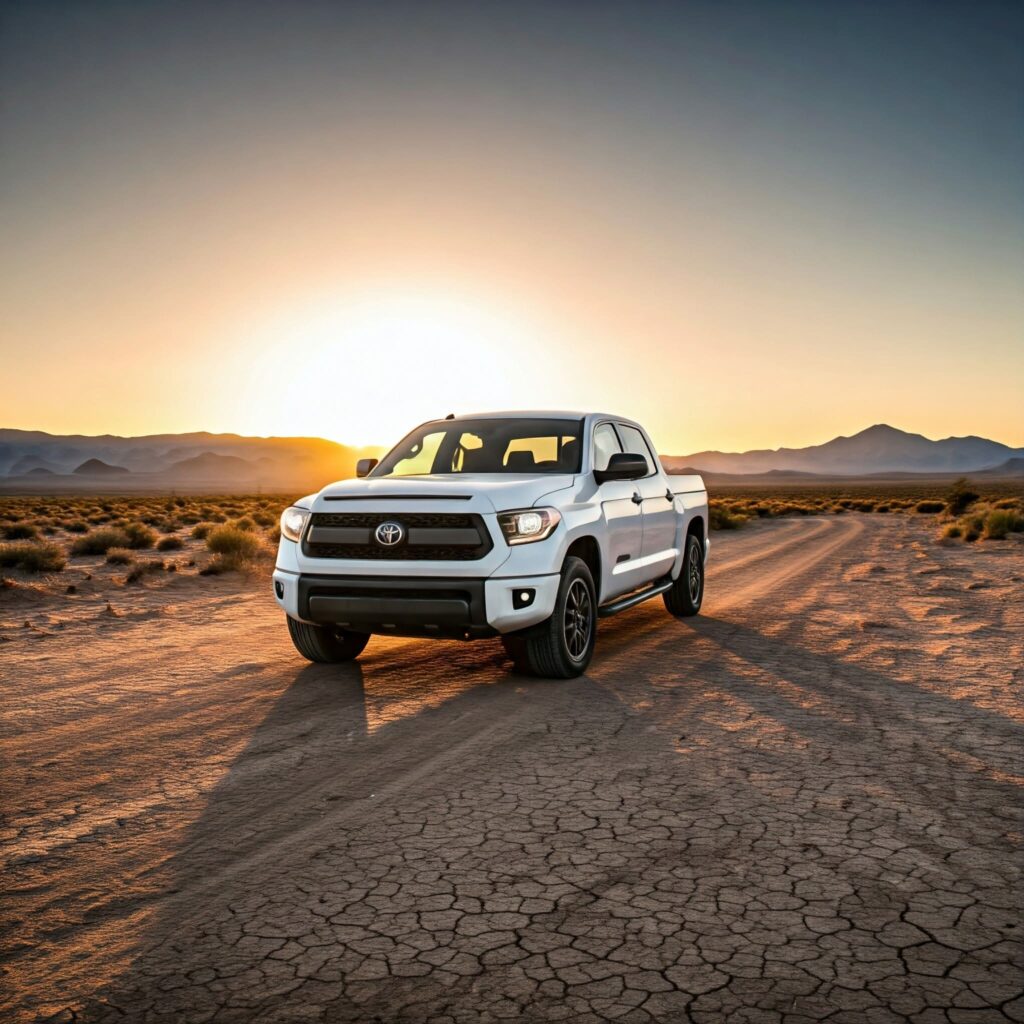Introduction
Maintaining your Toyota Tundra goes beyond routine drives—it demands careful choices about the products you use, especially motor oil. Selecting the right oil isn’t just about following recommendations; it’s understanding the nuanced differences between synthetic and conventional options while exploring premium choices for optimal performance. This guide dives deep into the technical details, comparing leading brands like AMSOIL, Castrol, and Valvoline to help you make an informed decision, free from bias or promotional influence.
Synthetic vs. Conventional Oils: A Performance Perspective
Molecular Composition
Synthetic oils are engineered using advanced chemical processes, producing a uniform molecular structure. This ensures superior lubrication and minimizes impurities, unlike conventional oils, which often contain molecular inconsistencies.
Engine Protection
Synthetic options create a stronger and more durable protective film, reducing wear and tear—critical under heavy loads or high temperatures.
Cold Start Performance
In colder temperatures, synthetic oils flow more easily, ensuring quick lubrication upon startup. This minimizes engine wear during the vulnerable startup phase.
High-Temperature Stability
Unlike conventional oils that degrade under extreme heat, synthetic oils resist thermal breakdown, keeping engines clean and reducing sludge formation.
Fuel Economy
By reducing internal friction, synthetic oils help improve fuel efficiency—benefiting both your wallet and the environment.
Reduced Oil Consumption
Synthetic oils have lower volatility, meaning less oil burn-off during operation. This reduces the need for frequent top-offs.

Comparing Leading Synthetic Oils for the Toyota Tundra
Castrol EDGE High Mileage 0W-20
- Emission System Compatibility: Phosphorus Replacement Technology helps maintain emission system performance.
- Extended Drain Intervals: May allow for intervals of up to 15,000 miles (confirm with vehicle manual.)
- Engine Performance: Reduces leaks, oil consumption, and buildup of engine deposits.
- Fuel Efficiency: 0W-grade formulations improve mileage.
- Hybrid Compatibility: Suitable for hybrid vehicles using 0W oils.
Valvoline Advanced Full Synthetic
- Superior Protection: Protects against wear and minimizes deposit formation.
- Performance Enhancement: Supports long-term engine performance and fuel economy.
- High-Temperature Resilience: Handles temperature fluctuations, ideal for stop-and-go conditions.
- Cold Weather Readiness: Flows easily during cold starts.
- Broad Compatibility: Meets GM dexos 1 Gen 3 standards and others.
AMSOIL Signature Series 0W-20
- Enhanced Wear Protection: Independent tests report 75% greater protection against wear and horsepower loss compared to industry standards.
- Improved Startup Protection: Superior cold cranking viscosity enhances startup lubrication.
- Strong Cleaning Power: Contains additives for 28% more acid-neutralizing capacity than Mobil 1 5W-30, keeping engines cleaner.
- Turbocharger Compatibility: Formulated to exceed turbocharger protection standards by 72% (GM dexos1 Gen 2 specification.)
- Viscosity Stability: Maintains stability under high temperatures, ensuring prolonged engine protection.
Key Considerations
While premium synthetic oils like AMSOIL may have a higher initial cost, their durability, extended drain intervals, and performance benefits offer long-term savings. The decision should balance cost, driving conditions, and the specific needs of your Tundra.
Practical Value for Tundra Owners
When asking which oil is “best” for your vehicle, consider practical user needs:
- Towing or Heavy Loads: AMSOIL Signature Series’ high wear protection excels under stress.
- Cold Weather Driving: Castrol has a proven track record for maintaining fluidity in freezing temperatures.
- Cost Efficiency: Valvoline provides reliable quality at a competitive price.
Trustworthy resources like YotaTech offer further maintenance insights to enhance decision-making.

FAQs
1. Why choose synthetic oil for a Toyota Tundra?
Synthetic oils deliver superior wear protection, handle extreme temperatures better, and improve fuel efficiency compared to conventional oils.
2. How often should oil be changed in a Toyota Tundra?
Consult your owner’s manual, but synthetic oils often allow extended intervals, such as 10,000–15,000 miles.
3. Does AMSOIL really offer better protection than competitors?
Independent testing showcases AMSOIL’s advantages in areas like wear protection and acid-neutralizing capacity over some alternatives, but performance depends on specific driving conditions.
4. Is Castrol EDGE suitable for older Tundras?
Yes, especially the high-mileage formulations designed to reduce leaks and maintain engine health in older vehicles.
5. Where can I find detailed Tundra maintenance schedules?
Visit trusted resources like YotaTech for detailed guidelines.
Conclusion
Choosing the best oil for your Toyota Tundra should be based on a detailed understanding of oil performance, driving habits, and vehicle requirements. Whether you prioritize wear protection, longevity, or fuel economy, options like AMSOIL, Castrol, and Valvoline all offer high-quality solutions tailored for different needs. By relying on evidence-based insights and credible comparisons, Tundra owners can make informed decisions for their vehicle’s long-term reliability and performance.
Learn more about Castrol EDGE High Mileage 0W-20, Valvoline Advanced Full Synthetic 0W-20, and AMSOIL Signature Series 0W-20 to explore detailed product specifications and performance features.
